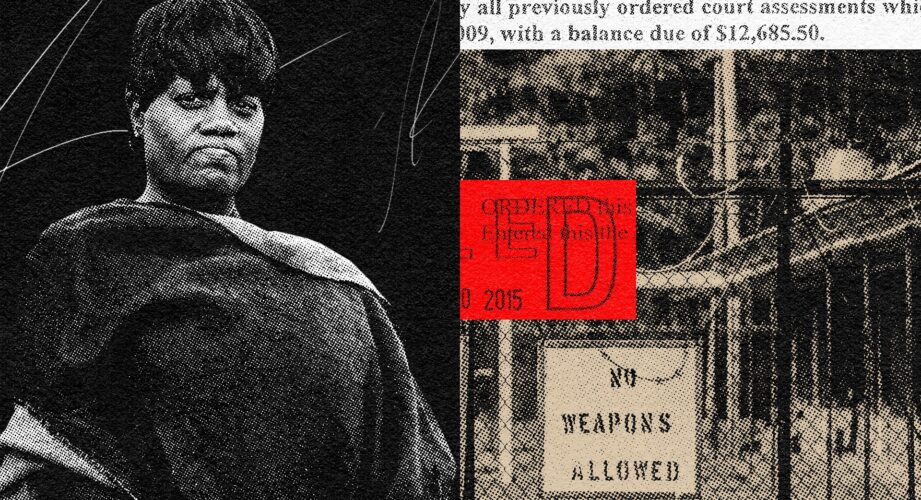How they did it: 4 news outlets team up to reveal police dogs bite and maim thousands of people a year
The journalists offer tips for investigating how police primarily use dogs on people suspected of minor offenses — or no crimes — and cause injuries that can be severe and life changing.







Expert Commentary